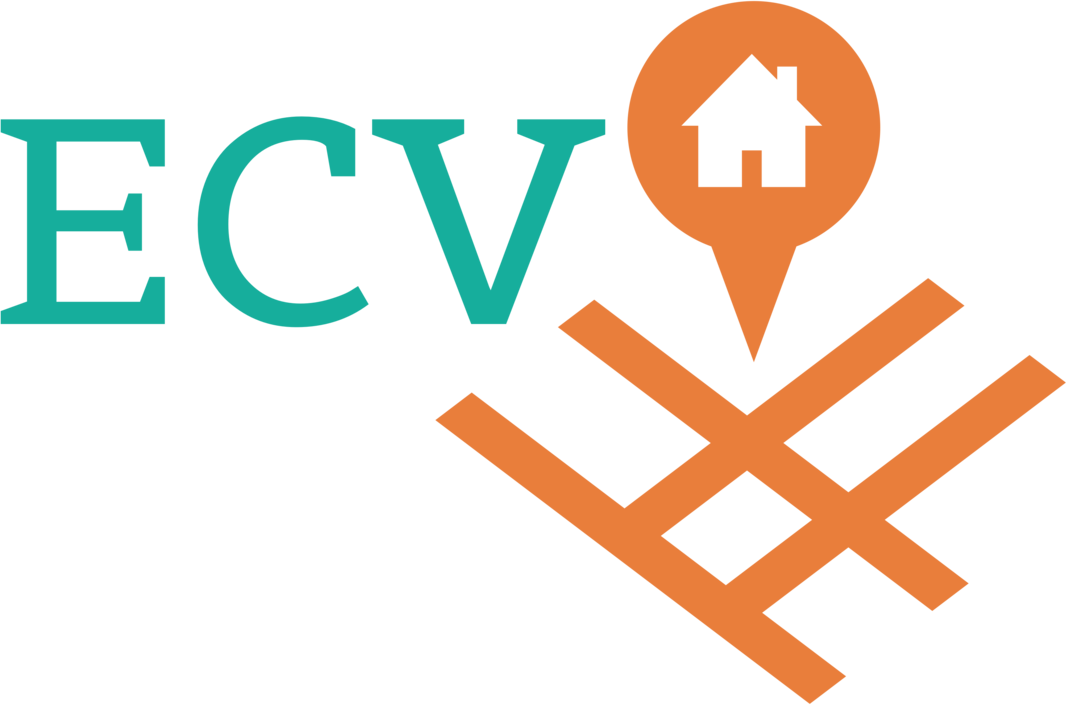Yummy & Healthy: Nutrition Tips for Older Adults
As we age, maintaining a healthy and balanced diet becomes increasingly important for overall well-being and vitality. As a caregiver and care provider, you play a crucial role in supporting the health and well-being of older adults under your care. Proper nutrition plays a vital role in supporting the physical and mental health of older adults, helping to prevent chronic diseases, maintaining energy levels, and supporting cognitive function. Nutritional needs of older adults change and they face challenges that can impact their health. By understanding these nutritional needs and implementing appropriate strategies, you can make a significant difference in the lives of those you care for.
Understanding the Nutritional Needs of Older Adults
Metabolism slows down as we age, this means that the body burns fewer calories at rest. The decrease in metabolic rate is usually because of loss of muscle mass, which is common with aging.
Key Nutrients Needed
Adults require a variety of key nutrients to support their overall health and well-being. These nutrients are essential for various bodily functions and play vital roles in maintaining optimal health. Here are some key nutrients needed by adults and why they are important:
Protein
Helps build and repair tissues, support immune function, and make enzymes and hormones.
Found in: lean meats, poultry, fish, eggs, dairy products, legumes, and tofu.
Fiber
Keeps the digestive system healthy, regulates bowel movements, and lowers the risk of chronic diseases.
Found in: whole grains, fruits, vegetables, legumes, nuts, and seeds.
Vitamins
Vitamins do a lot in our body such as supporting vision, boosting immune function, collagen production, helping in wound healing, calcium absorption, etc…
Vitamin A, C, D, B, E
Minerals
Minerals like calcium, phosphorus, and magnesium are essential for building and maintaining strong bones.
Water
Staying hydrated is important for digestion, nutrient absorption, circulation, temperature regulation, and waste elimination.
Balanced Meal Planning
A balanced meal plan ensures that you consume a variety of essential nutrients, including carbohydrates, proteins, healthy fats, vitamins, and minerals. It is also important in maintaining a healthy body weight. It helps control portion sizes, ensures adequate nutrient intake, and prevents overeating or excessive consumption of unhealthy foods. Remember, balanced meal planning should be individualized to meet specific dietary needs, preferences, and health conditions. Consulting healthcare professionals or registered dietitians can provide personalized guidance and support in creating a balanced meal plan tailored to your unique requirements.
Tips On Creating a Healthy and Balanced Diet
Ways to create a healthy and balanced diet is by making well-rounded meals that incorporate a different variety of food groups in a healthy portion.
Incorporating Fruits and Vegetables
Aim to include a variety of colorful fruits and vegetables in your meals. They are rich in vitamins, minerals, and antioxidants that support overall health.
Include fruits as snacks, in smoothies, or as part of your breakfast. Add vegetables to salads, soups, stir-fries, or as side dishes.
Experiment with different cooking methods such as roasting, steaming, or sautéing to enhance the flavors and textures of your produce.
Choose Lean Protein Sources
Opt for lean protein sources like skinless poultry, fish, legumes, tofu, or low-fat dairy products. These provide essential amino acids without excessive saturated fat.
Include a protein source in each main meal to support muscle maintenance, repair, and overall growth.
Experiment with different cooking methods and flavors to make your protein-rich dishes more exciting and enjoyable.
Opting for Whole Grains
Choose whole grains over refined grains to maximize nutrient intake and fiber content. Whole grains include options like brown rice, quinoa, whole wheat bread, oats, and whole grain pasta.
Replace refined grains with whole grain alternatives in meals like sandwiches, wraps, salads, or grain bowls.
Be mindful of portion sizes to maintain a balanced meal and control calorie intake.
Include Healthy Fats
Include sources of healthy fats in your meals, such as avocados, nuts, seeds, olive oil, and fatty fish like salmon.
These fats provide essential fatty acids, help absorb fat-soluble vitamins, and contribute to a feeling of fullness and satisfaction.
Use these fats in cooking, as salad dressings, or as toppings for dishes like yogurt or oatmeal.
Limiting Sodium and Sugar
Read food labels and be mindful of the sodium and added sugar content in packaged and processed foods.
Opt for low-sodium options or season your meals with herbs, spices, or citrus juices instead of excessive salt.
Reduce added sugars by choosing whole fruits over sweetened snacks or desserts. Limit sugary beverages and opt for water, herbal tea, or unsweetened alternatives.
Remember, balanced meal planning should be tailored to individual needs and preferences. Creating a balanced meal plan is not an easy task to do, it requires a lot of research and knowledge about the elderly’s needs and health condition. It is always helpful to seek consultation from a certified dietitian or nutritionist. As caregivers, the overall health of our clients is the number one priority and we must take proactive steps in ensuring that we are meeting their needs.
If you liked this blog, there’s more to where that came from. Check out our Care blogs section which is filled with helpful blogs like this that will help you become a better caregiver to your loved ones.

